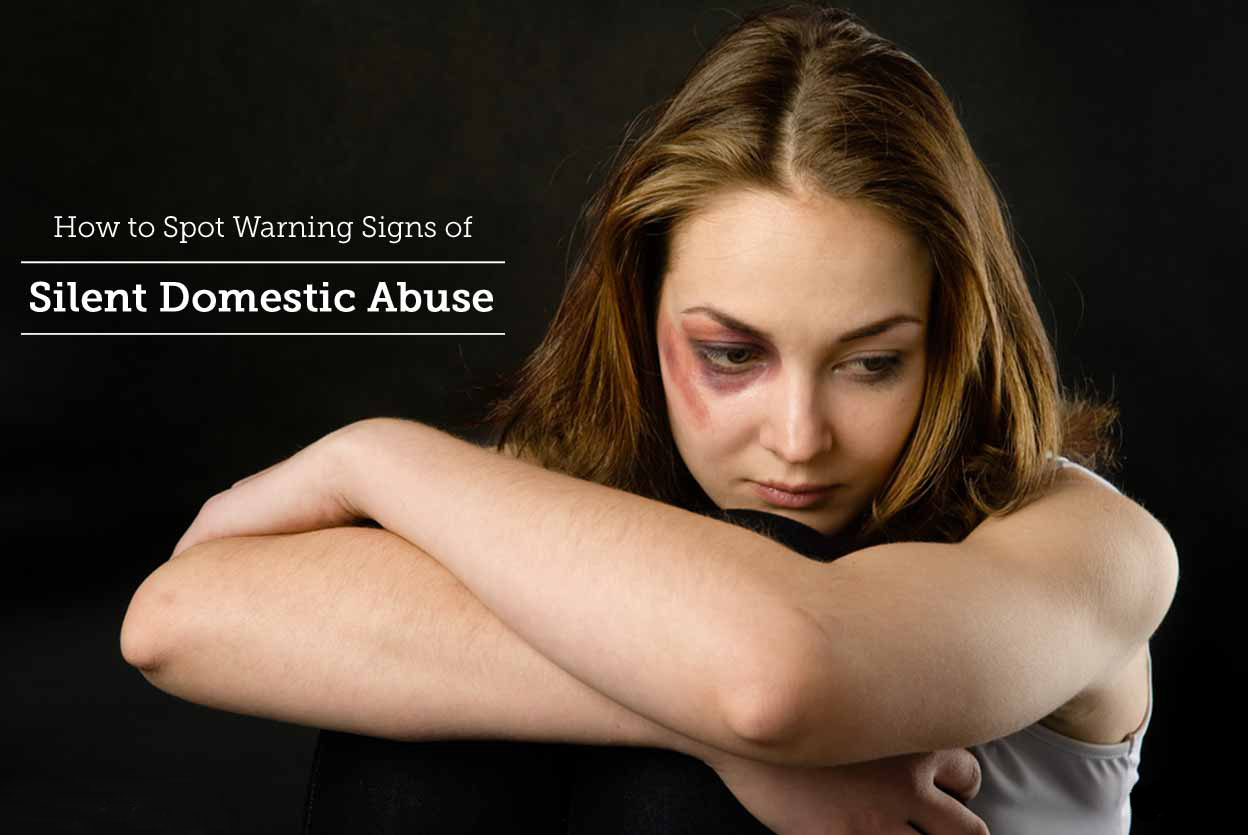As much as we would like to ignore it, domestic abuse is a very common problem. Not every woman has the strength to fight against it and confide in someone. As a friend, it is your duty to look out for them. You don’t have to be an expert in psychology to know the warning signs of domestic violence. Here are 8 such warning signs.
1. She is quiet when he is around: If your friend is normally jovial and suddenly becomes quiet the moment her partner is around, don’t overlook the change. She may be scared of saying something that might upset him and start a fight.
2. She allows herself to be put down: In almost all cases of domestic violence, the woman is made to feel guilty about everything. This becomes a habit and she loses her will to fight back. If you notice you’re friend allowing her partner to walk over her and put her down, she may be facing abuse at home.
3. She withdraws from friends and family: Social withdrawal is another major sign of domestic violence. There may be a number of reasons for this; he is too possessive of her, she is injured and scared of letting people see her injuries, etc.
4. Unexplained injuries: Making an excuse that walking into a door caused a black eye isn’t only a scene from the movies. If your friend suddenly starts wearing inappropriate clothes such as long-sleeved tops in summer, she may be a victim of domestic abuse. Look out for such excuses and injuries.
5. Plans that are frequently canceled at the last moment: Victims of domestic abuse often make plans, but never keep them. This could be because their partner does not like them going out without them or because she is injured and doesn’t want you to see her injuries.
6. She has casually mentioned violent behavior, but dismissed it lightly: Casually mentioning violent behavior at home could be your friend’s way of trying to tell you that something is wrong. We fear being judged and hence it is sometimes very difficult to speak openly about facing domestic abuse. If you feel a friend is being domestically abused, encourage her to share her problems with you.
7. Her finances and personal choices are not controlled by her: Domestic abuse victims usually have most of their lives controlled by their partners. This includes finances, choice of clothing, social attendance, etc.
8. The children seem nervous and frequently upset: Children may not say much, but notice a lot. Even if they are not abused, seeing their mother hurt can affect a child and make them moody, withdrawn and upset.
If you wish to discuss any specific problem, you can consult a sexologist.

